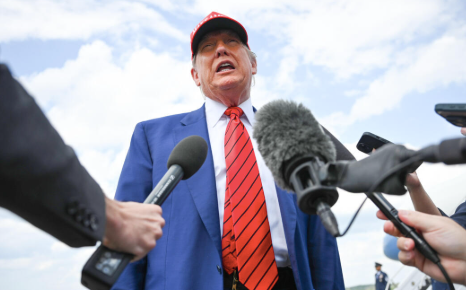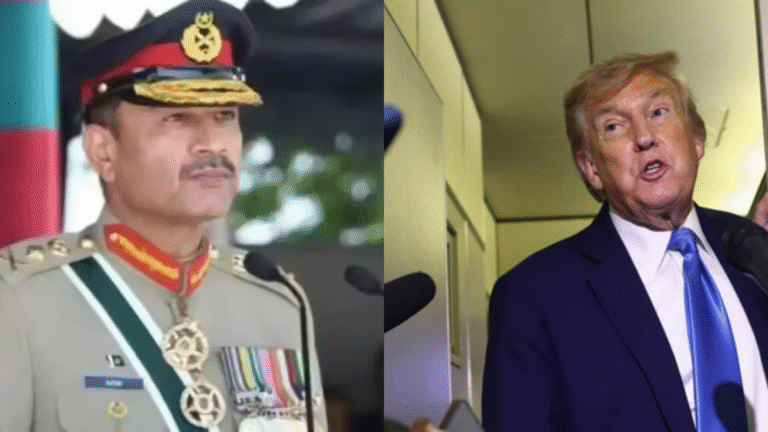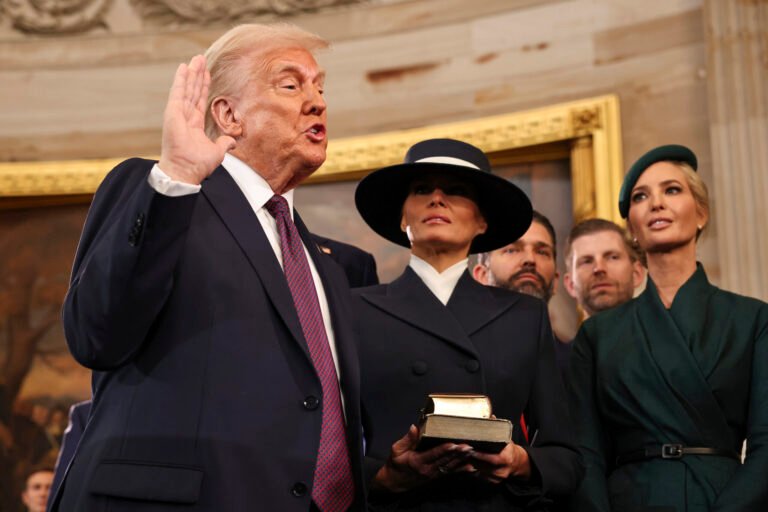
Washington, March 7, 2025:
U.S. President Donald Trump has delayed certain tariffs on Canada and Mexico imports, offering temporary relief to businesses and consumers after financial markets reacted negatively to the new duties. The move prompted Canada to suspend its retaliatory measures, but tensions between Washington and Ottawa remain high.
Trump’s tariffs of up to 25% took effect Tuesday, causing stock markets to tumble as economists warned they could slow U.S. growth and increase inflation. However, on Thursday, the president signed orders postponing additional levies on imports from Canada and Mexico under the United States-Mexico-Canada Agreement (USMCA) until April 2. Trump dismissed suggestions that the delay was linked to market instability.
The tariff pause is particularly beneficial to automakers, as auto parts frequently cross North American borders during production. Following discussions with Stellantis, Ford, and General Motors, Washington announced a one-month exemption on vehicles and components coming through the USMCA.
A White House official said 62% of Canadian imports will still be subject to tariffs, mainly energy products taxed at a lower rate of 10%. About half of Mexican imports come through the USMCA, temporarily exempting them.
“This makes conditions much more favorable for our American car manufacturers,” Trump stated Thursday.
Canada Suspends Retaliation
Shortly after Trump’s announcement, Canadian Finance Minister Dominic LeBlanc posted on X that Ottawa would delay its second wave of tariffs on $125 billion worth of U.S. products until April 2 while negotiations continue.
However, Prime Minister Justin Trudeau struck a defiant tone, warning that the trade war is far from over.
“Our goal remains to get all tariffs removed,” Trudeau said.
Trump, meanwhile, vowed that additional tariffs will take effect on April 2, stating they will be “reciprocal in nature.” He also reaffirmed that broad tariffs on steel and aluminum imports, set to take effect next week, will remain unchanged.
Markets React as Trade Deficit Soars
Despite the partial delay, U.S. stock markets fell again Thursday, reflecting ongoing concerns about economic uncertainty.
Scott Lincicome, vice president at the Cato Institute, said Trump’s tariff delay acknowledges that such policies disrupt supply chains and ultimately burden American consumers.
“This is a recognition of economic reality,” Lincicome said.
The U.S. trade deficit hit a record high in January, surging 34% to $131.4 billion due to rising imports, including gold purchases. Analysts suggest businesses may be stockpiling goods ahead of potential future tariffs.
U.S.-Mexico Relations Evolve
Trump said he had a “very good conversation” with Mexican President Claudia Sheinbaum, claiming “tremendous progress” in addressing illegal immigration and drug trafficking—two issues Washington cited when imposing levies on Mexico, Canada, and China.
Meanwhile, China rejected U.S. accusations regarding its role in fentanyl distribution, arguing that tariffs will not solve America’s drug crisis.
Treasury Secretary Scott Bessent downplayed fears that tariffs would drive inflation, insisting any price increases would be temporary.
“Access to cheap goods is not the essence of the American Dream,” Bessent said, arguing that economic security and upward mobility are the administration’s focus.
Trump has repeatedly defended tariffs as a tool for increasing government revenue and correcting trade imbalances. With April 2 approaching, further economic turbulence looms as North America’s trade partners brace for the next round of policy shifts.
Keep reading questiqa world and get more News Headlines on our Social Platforms.
https://rb.gy/q8ugti
https://rb.gy/t4q0ay
rebrand.ly/pwoq4qx
rebrand.ly/nddyfab




